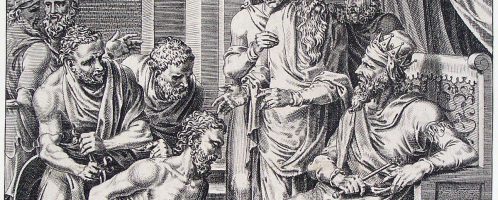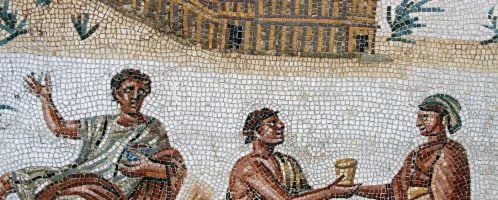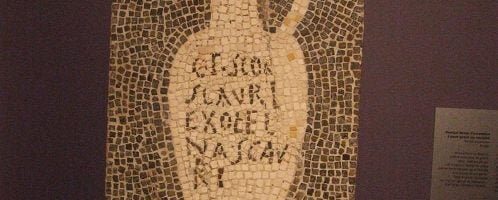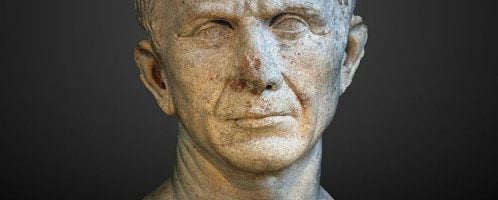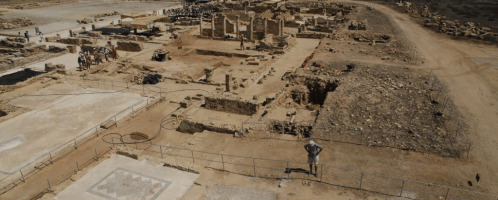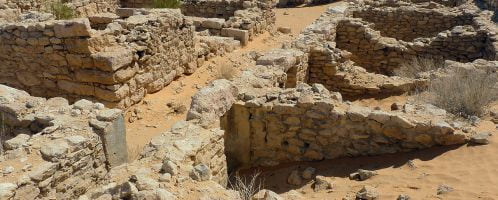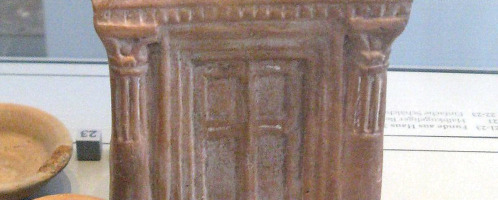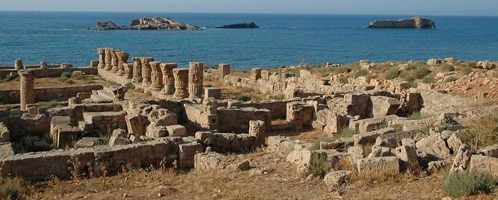Province of Osroene in Roman politics
Looking through the list of Roman provinces, most of them are easily identified on a modern map, e.g. Gaul is today’s France, Moesia is Bulgaria and Serbia, and Britain is England. Libya and Egypt function as countries with the same name even today.


